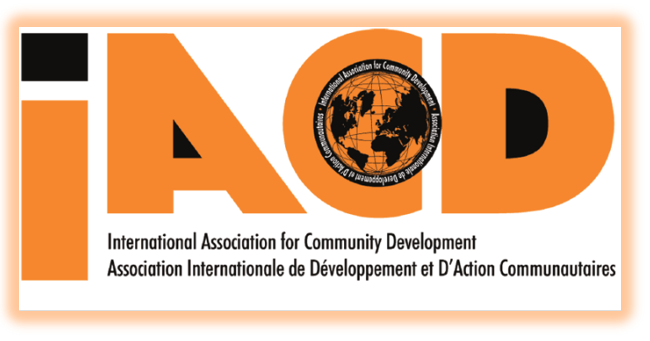IACD shares the deep and growing global concern about the COVID-19 (coronavirus) pandemic and the devastating effect it is having for countries, communities, families and individuals throughout the world. We are concerned that social justice and human rights remain to the forefront in underpinning the struggle to develop responses. It is crucial that essential community awareness is promoted in accessible and acceptable ways, involving the targeted groups in their design and implementation and that community responses are identified, resourced and supported.
We are heartened by reports of solidarity and support within and between countries and communities including marginalised, minority and vulnerable groups from all over the world
Below are some initial points gathered from our global membership. Our intention is to add to them on an ongoing basis – your ideas and examples will be most welcomed.
- Follow your local medical guidance regarding hygiene and social practices
- Refer to the IACD International Standards and community development values to inform your daily practice; connectedness, kindness, compassion and listening
- Stay connected with family, friends and neighbours; use online/digital communication when possible and appropriate
- Keep calm and reasoned; rely on reputable sources of information
- Encourage calmness; empathise with how people may feel about daily developments
- Be considerate of people with vulnerable (immunocompromised) health conditions; be supportive of their social distancing wishes and encourage others to be equally considerate
- Be mindful of your daily movements, actions and commitments and consider who and where you are visiting
- Limit travel where possible
- Find ways to encourage others to adopt safe practices and to comment impactfully on unsafe reactions or ignoring of the situation.
Community Development Considerations:
- Emphasise the importance of pro-active community development responses
- Encourage practitioners and funders to work collaboratively to develop a suite of community work responses
- Ensure national health authority information is easily understood and shared with communities and groups
- Raise awareness through remote and where appropriate face to face campaigns
- Ensure that marginalised and minority groups e.g. homeless people, people with a disability, asylum seekers, Travellers and Roma, undocumented migrants, have adequate information and that their challenges (self-isolation and possible deportation) are heard and addressed
- Seek seats at national coordinating and decision-making tables to represent the groups most at risk, including workers’ rights
- Seek immediate permission for designated programme funding to be used for coronavirus related work
- Exchange information and collaborate with other civil society organisations
- Support and encourage local, creative, alternative initiatives and proactively exchange good practice and challenges, locally, nationally and globally
- Seek to redeploy budgets and staff as well as direct and remote actions, including awareness raising
For further, up-to-date information seek local and national advice or visit the World Health Organization’s website for rolling updates: https://www.who.int

